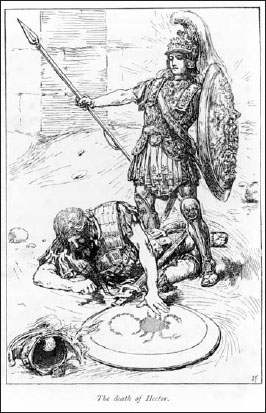
|
How has morality changed over the course of history?
Morality
Read more from
|
Despite scientific evidence of a universal human tendency toward moral judgments, views on morality have changed dramatically across history. Things we now consider to be horribly immoral were not always seen that way. The ancient Greeks based their morality on the concept of honor, which was related to one’s reputation for bravery and strength. In the quest for honor, it was perfectly acceptable to slaughter whole cities. More recently, in fact well into the nineteenth century, slavery was not considered immoral in the United States. Moreover, behavior once seen as highly immoral is no longer seen that way by many people. Pre-marital sex was seen as highly immoral only a few decades ago and now is widely considered acceptable. Likewise, there is far more tolerance of public disagreement with people in authority than there used to be. If we consider these changes in light of Jonathan Haidt’s five moral categories, we can see that within Western society considerations of fairness/reciprocity have grown stronger while considerations of authority/respect and ingroup/loyalty have lessened.

An illustration of the Greek hero Achilles defeating Hector in battle. In ancient times, morality was based on concepts of honor, and killing other people was often seen as an honorable thing to do. That stands in stark contrast to today’s sense of morality (iStock).
